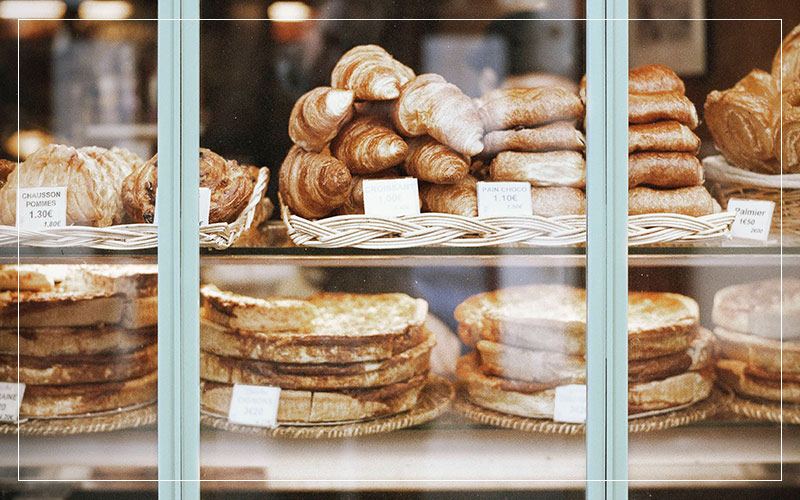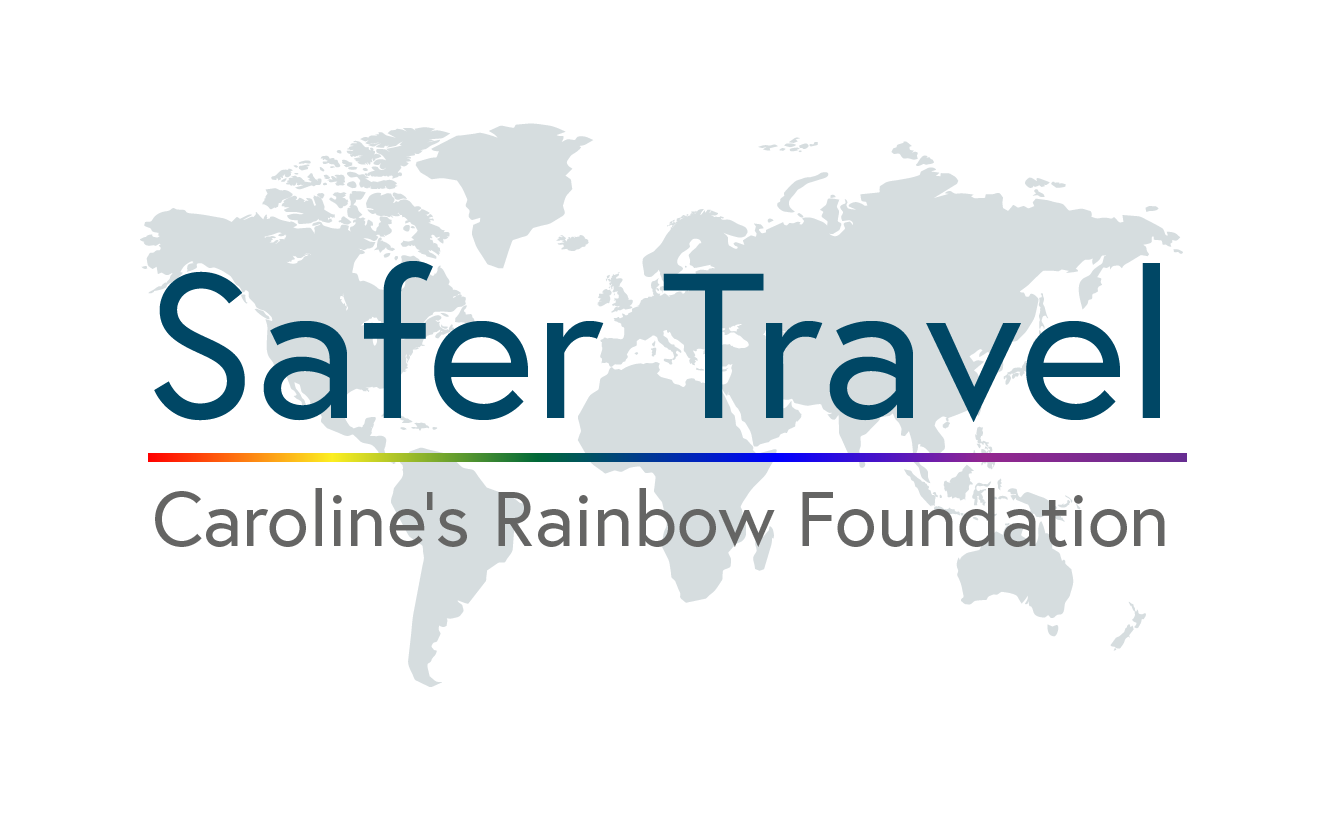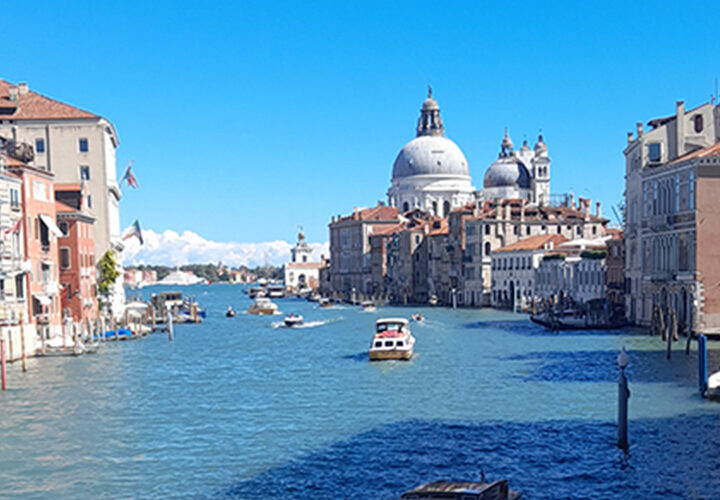Teaching English in France
France has proven in recent years to be a perfect example of a country where many foreign workers choose to travel and teach English. There are many reasons which include attractions, architecture/history and of course the food and drink.
Annually, France sees roughly 90 million visitors a year who travel for various reasons according to the Ministry for European and Foreign affairs. More information about this statistic can be found on this website diplomatie.gouv.fr

Leisure
There are many beautiful places to visit in France, attractions to go and see and architecture to observe. The capital Paris has all the qualities available for foreign English teachers to enjoy. The Eiffel Tower is an extremely popular landmark in France, ranked number 41 on the following tourist website destguides.com for entry to the top floor of the Eiffel Tower it costs 26,80€ (£22.74). Building and construction started on the building on 26th January 1887 and was completed 2 years later on 31st March 1889 to mark the 100 year anniversary of the French Revolution. There were around 150-300 workers on site during the construction of the building and it consists of 18,083 metallic parts, standing 300 metres tall. More information is available on the Eiffel Tower’s official website. toureiffel.paris
Another example of an extremely popular attraction in France is Disneyland Paris which has had tourist numbers around 8.4 million visitors in 2019. In 2020 it saw a decline in visitors all the way down to 1.92 million due to the Coronavirus pandemic. statista.com.
Disneyland Paris has two different parks available, one of them being Disney and the other being Marvel themed which means that visitors have the freedom to choose which theme park they would like to visit the most. For an adult that has access to both parks, a 4-day valid ticket will cost £52.84 and they have free cancellation up to 3 days before their visit to Disneyland Paris. It is located just 36 minutes from Paris by car but there are other transport options like the RER A train available if the traveller doesn’t drive. More information about Disneyland Paris is available on their website booktickets.disneylandparis.com

Food and drink
France is known for its many food delicacies that perhaps isn’t everybody’s favourite but a lot of their dishes and cuisine is extremely popular amongst tourists. Foods such as escargot, bœuf bourguignon, ratatouille and chocolate soufflé are some of the most popular dishes and are often available in the majority of restaurants across France. More information is available on the following website expatica.com.
Some examples of popular beverages in France, both alcoholic and non-alcoholic include Chambord and Orangina which are common in both restaurants and convenience stores to purchase for those over the legal age of 18. Other information about popular drinks are available here:travel-boo.com

Entry requirements
There are several entry requirements to take into consideration before you travel to France. Firstly, coronavirus, passport validity and visas. With regards to entering the country, all the restrictions that applied to foreign travellers were lifted as of 1st August 2022 meaning that to travel into France it is much easier than it was a few months ago. Covid-19 is still apparent in France, but they do not ask travellers to show proof of vaccination or a negative PCR test regardless of your vaccination status and age as children are also not asked for these documents. As for passport validity, it must be valid from under the 10 years it was issued, and it must also be valid for at least 3 months after your expected departure date from France.
When working in France it’s also important to make sure you are travelling on the correct visa, whether it is a long stay or a short stay visa, because it will affect how freely you are allowed to travel the country. Your visa must be issued at least 3 months before you travel. Additional information is available on france-visas.gouv.fr in order to make sure you apply for the correct visa type.
Local laws and customs
Some local laws and customs that travellers must follow whilst they are in France include always carrying some form of identification with you at all times so that you can prove your identification if asked by authorities. They are also forbidden from covering their face at all in public as it is illegal which includes balaclavas, veils or any other face covering garment that hinders someone’s ability to see their face.
If the traveller fails to comply with these rules then they may be fined with a maximum amount of €150 (£127) Similarly, forcing someone to wear a face covering that hides their identity can cost up to €30,000 (£25,465) and it will be followed up with a year’s imprisonment. If the person is a minor and is forced to hide their face, the sentence and fine will be doubled. Travellers are also forbidden from bringing food and drink into the EU apart from baby milk, baby food and pet food.
Health and Safety
In any instance for an emergency situation, the number to ring is 112. One thing to be aware of is pickpockets because they work in groups, a member distracts you and another member will go through your belongings. Another thing to be aware of when travelling there is the road travel and all the documents needed in order to ensure that you can legally drive in France such as a legal UK driving licence, but you do not need an additional International Driving permit to drive in France as a UK citizen.
One of the only natural disasters that may occur whilst being in France is forest fires and in the event that one does occur, you will be escorted by the French authorities and guided on what to do. Floods can also occur in France as well as avalanches in the mountainous areas of France which you may need to take into consideration.

Recruitment
TEFL is a company that will help foreign workers to work in France as an English teacher through the TAPIF programme. The major requirements that are needed in order for workers to travel and work in France are that they must have a TEFL certificate of at least 120 hours and they must have completed at least a 4-year degree in any course. You must also have English as your native language but there isn’t an age requirement although they do prefer those who have a little bit of teaching experience but that also isn’t required.
In France the basic salary to expect per month when working as an English teacher is €1,000-€2,000 (£848-£1,697). School years in France run from September to June/July with a hiring period between June and August.
In daily life, it might be easier to know a little bit of French as the locals are only just starting to grow accustomed to using English and acknowledging that it is a language that is used worldwide. Teaching opportunities include kindergartens, private lessons/tutoring, summer camps, public schools, and university positions. All of which the worker can choose from with regards to what level they would like to teach English. More information is available through the TEFL website, www.tefl.org

Things to consider
Working abroad can be extremely rewarding and a great life experience to help you gain the confidence and skills you may not have had beforehand. However, there are some things you should consider before travelling abroad for work.
- Homesickness is something that foreign workers may face when they are choosing to work abroad. To combat this some photographs of loved ones may be the best option to take with you so that you have a memory from home.
- Financial stability is also something that foreign workers may struggle with but it all depends on the contract, but it is advised that they research and work out the financials before taking the job.
- Discrimination as a foreign worker may occur. Some of the older generation may not be as exposed to the English language and they may expect foreign workers to understand a little bit of French and respect their culture.
Written by Ellie-Mai Foley




